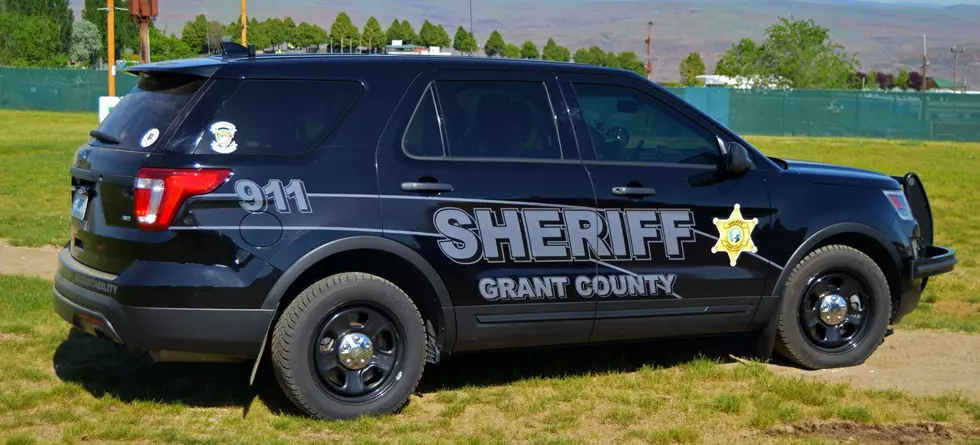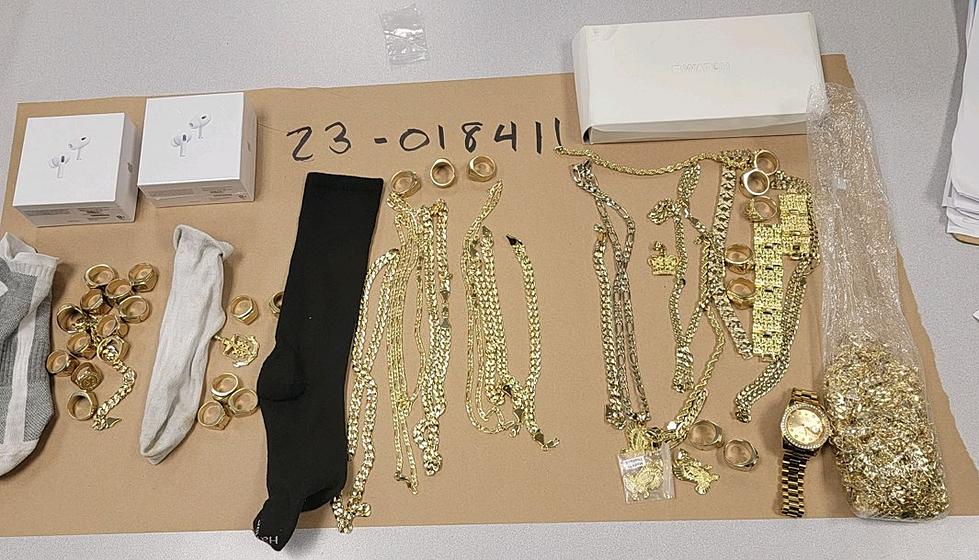
Is Your Car REALLY Totaled After That Wreck? Maybe…
According to information released by PEMCO Insurance, the number of vehicles involved in accidents that are declared 'totals' is on the rise.
According to PEMCO in their March 2018 information release, a car being totaled after an incident means 'the cost to return it to a safe, roadworthy condition or otherwise repair it exceeds the current retail market value before the crash.'
Due to improved reliability, there are more older vehicles on the road, but because of their age, even if they're only cosmetically damaged, they meet the total threshold more easily. An older vehicle with a much lower market value could have seemingly 'minor' damage, but still cost more to fix than it's worth.
The growth of electronic and digital technology in cars also pushes them closer to the 'total' threshold than in the past, especially if that technology is damaged.
But before you toss away the vehicle, more and more drivers are considering keeping the vehicle and making repairs themselves. If a car is totaled, the insurance company writes you a check for the retail market value just prior to the crash. Then you go buy something else.
But if you choose to repair and keep it yourself, here's what usually happens. The insurance company will write you a check, minus what they would have gotten from the salvage yard had they sold it for scrap. The only time this usually happens is if the vehicle is still roadworthy after the wreck, and has mostly cosmetic damage. Also, if a driver keeps a 'totaled' car, the insurance company legally has to attach a permanent 'rider' to the vehicle, so if it's ever sold, any buyer (or trade-in recipient) will know it's a rebuilt total.
Experts also say it's better to utilize a trade-in or put a significant down payment on a vehicle when you buy a new one. Due to instant depreciation (which starts as soon as you leave the car lot) people who put no or little money down find themselves 'upside down' if they get in a wreck before they've had a chance to pay down the cost. Upside down means you owe more than what the car is worth.
Either way, it pays to know in advance just how much you'd get from your vehicle so if you get in a wreck, you're more prepared.
More From 870 AM KFLD









